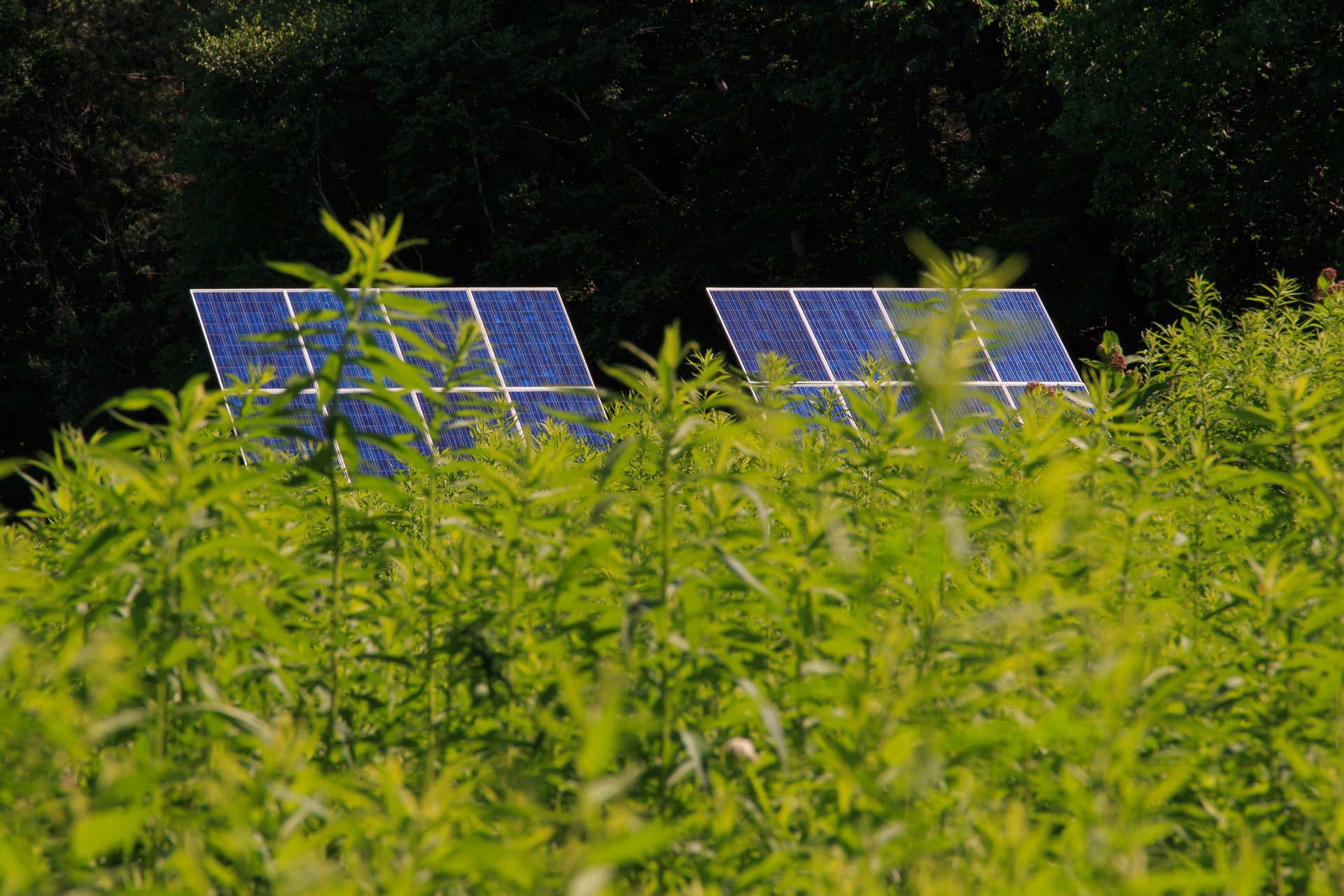New Report Shows We Can Build Solar Energy While Conserving Nature
July 06, 2023
On Thursday, July 6, the Massachusetts Department of Energy Resources (DOER) released a major report on Massachusetts’ potential for solar energy. Researchers found that Massachusetts has enough space to build three to four times as much solar energy as our climate targets project we’ll need by 2050. This finding proves that Massachusetts has the potential to meet its ambitious goals for solar energy generation while prioritizing nature conservation.
Mass Audubon recognizes the critical importance of both solar energy and nature as solutions to climate change. The state’s finding that a majority of our needed solar could fit on rooftops, parking lots, and other already-developed lands will empower us to find a better balance between natural systems and solar energy development. Solar energy development has become one the largest causes of forest loss in Massachusetts in recent years, so a shift to more solar on the built environment would be a huge win for conservation.
DOER also surveyed Massachusetts residents on their views towards solar energy. These results confirm how strongly the public feels about finding a better balance between solar and nature: Over 85% of surveyed residents believe that solar should be built on rooftops, parking lots, landfills, and other developed areas, rather than on cleared forests and on top of productive farmland.
Mass Audubon will soon be releasing Gaining Carbon, a detailed spatial and economic analysis of solar potential developed with Harvard Forest researchers that adds to DOER’s study. With Gaining Carbon, we will not only show economically attractive sites for solar statewide, but quantify the gains to carbon removal and storage, biodiversity, and climate resilience if we find a better balance between solar development and nature.
DOER’s findings are very clear: the people of Massachusetts expect us to identify the right policies to locate new solar resources where it makes the most sense for biodiversity and the climate. DOER’s study and our forthcoming Gaining Carbon report show that this is not only possible, it’s the most cost-effective path forward.
We don't have to choose between developing solar energy and protecting nature. This report shows that we can do both.
Stay Connected with Policy and Advocacy
Learn about opportunities to advocate for Mass Audubon's transformative policy agenda



